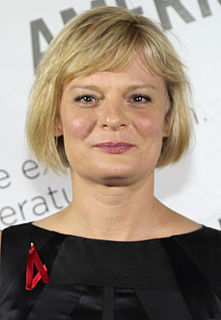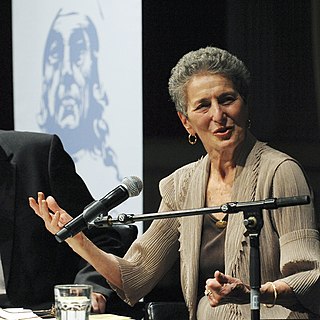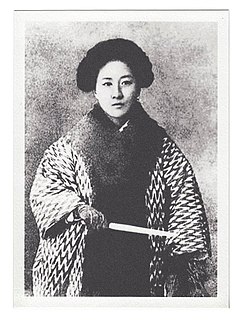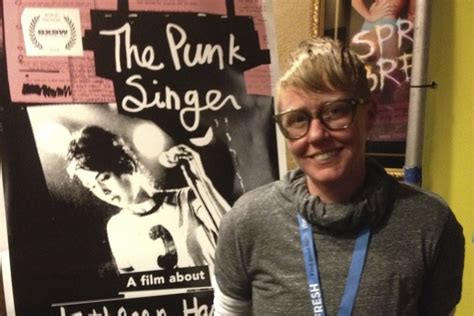A Quote by Nazanin Boniadi
For me, the struggle for women's human rights began the moment I was born in Tehran at the height of the Iranian Revolution, a time when the status of women was quickly deteriorating.
Related Quotes
I was born in Tehran at a time when women's rights were deteriorating at a rampant rate. My parents didn't want to raise their daughter in a social, political, and religious climate that was growing increasingly oppressive toward women and girls, so they emigrated to London. But the struggle of the Iranian people was permanently etched in my social consciousness from a young age.
Carla Hesse has given us an astonishing new look at women's struggle for independent expression and moral autonomy during the French Revolution and afterward. Denied the political and civil rights of men, literary women plunged into the expanded world of publication, answering the men's philosophical treatises with provocative novels about women's choices and chances. Lively and learned, The Other Enlightenment links women from Madame de Stael to Simone de Beauvoir in an alternate and daring path to the modern.
I think in a society where you can't even pass the Equal Rights Amendment, it's very difficult to women make a progress. Incidentally, we are exactly 160 years after the very first women's public rights convention in Seneca Falls, New York, when a handful of women started it all and began the movement to make women equal.
In the early fight for women's rights, the point was not that women were morally superior or better. The conversation was about the difference between men and women - power, privilege, voting rights, etc. Unfortunately, it quickly moved to the "women are better" argument. If this were true in life or in fiction, we wouldn't have any dark or deep characters. We wouldn't have any Salomes, Carmens, Ophelias. We wouldn't have any jealousy or passion.
Hence, when some members of the Iranian diaspora, especially women at the moment, use different tropes including the trope of the veil and the issue of gender to construct an image of oppression or to describe the 'silenced' Iranian woman, western intellectuals, policymakers, and publishing houses are all quick to introduce them as presenters of the authentic Iranian experience.

































